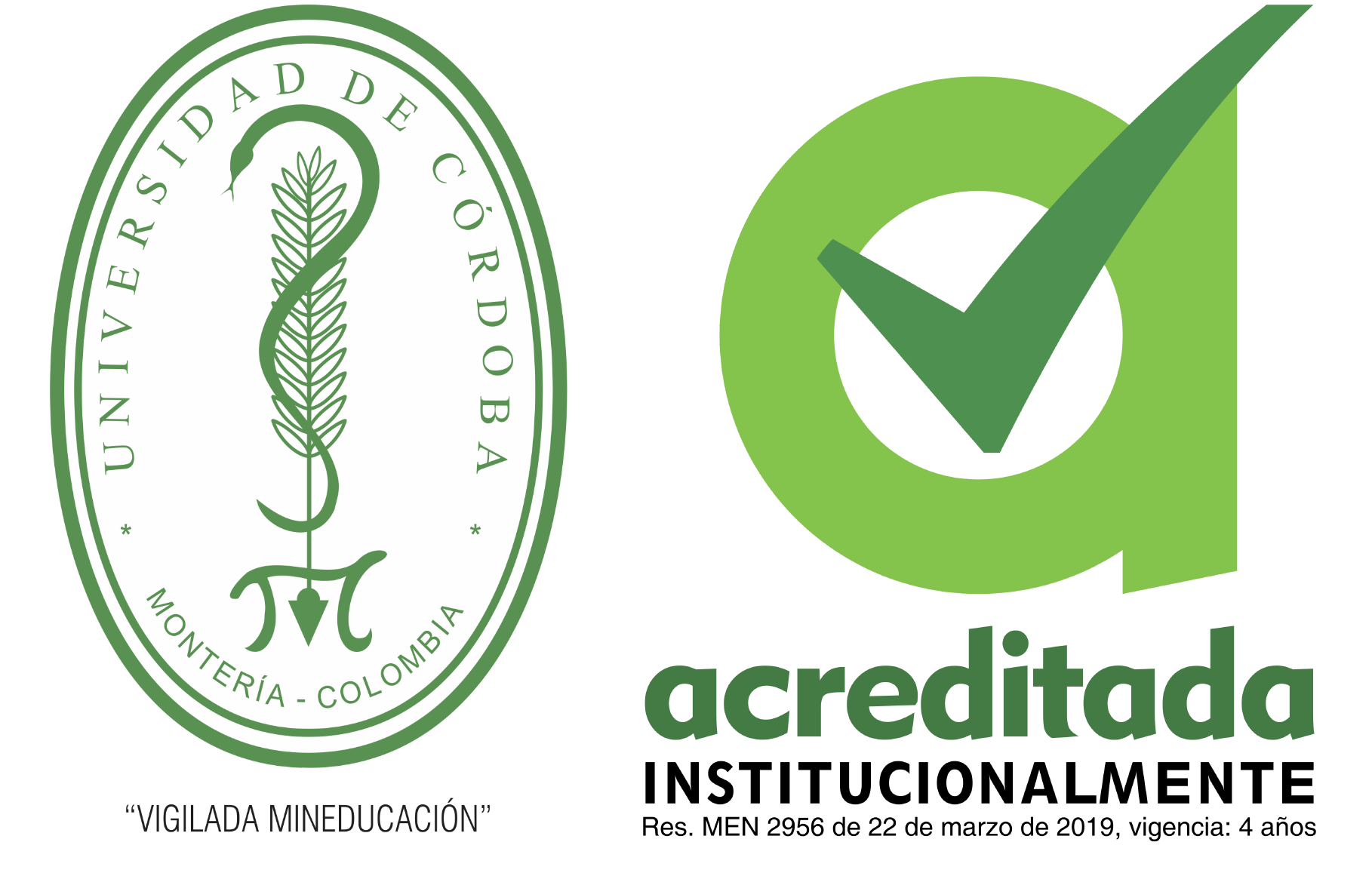Main challenges facing the integrity of online assessments for higher education.
Main challenges facing the integrity of online assessments for higher education.
Mostrar biografía de los autores
(Dichantz, 2001) defines E-learning "as the compilation of teaching and information units in education, which are available anytime and anywhere and are delivered to learners electronically. These contain information units, tests and quizzes, which allow for rapid self-assessment for quick utilization. E-learning offers more lower-level learning objectives, as higher-order objectives such as comprehension, reasoning and evaluation are more difficult to achieve."
This practice of online learning developed exponentially around the world, due to the dynamics faced by humanity in the face of COVID-19. All universities took online learning as a workhorse as a mechanism that would allow them to develop their curricula. Some institutions already had experience in this area, while others used it only sporadically in their courses. However, the institutions were gradually implementing them in order to be able to continue with their academic processes. Now that the transition between pre-pandemic and post-pandemic has been overcome, many institutions have continued to choose to develop some online courses and others have migrated part of their academic programs to virtual. With all this migration process, there have been problems related to the integrity of online evaluations. There are problems of fraud, plagiarism, dishonesty and misconduct by students in the evaluations. This is due to the lack of mechanisms and policies that can guarantee the integrity of evaluations in higher education institutions. Several studies have recently shown a high rate of fraud in online exams as in (Garg and Goel, 2022; Corrigan-Gibbs, et al, 2015; Ahsan, et al. 2022; Henderson, et al.,2022), they argue that this practice of dishonesty is not only practicable in online exams, but also in those in assessments conducted in classrooms, face to face with the professor. Although there are alternatives for monitoring online assessments such as proctoring software, they are not sufficient to address this problem.
Visitas del artículo 144 | Visitas PDF
Descargas
- - Garg, M., & Goel, A. (2022). A systematic literature review on online assessment security: Current challenges and integrity strategies. Computers & Security, 113, 102544.
- - Corrigan-Gibbs, H., Gupta, N., Northcutt, C., Cutrell, E., & Thies, W. (2015). Deterring cheating in online environments. ACM Transactions on Computer-Human Interaction (TOCHI), 22(6), 1-23.
- - Ahsan, K., Akbar, S., & Kam, B. (2022). Contract cheating in higher education: a systematic literature review and future research agenda. Assessment & Evaluation in Higher Education, 47(4), 523-539.
- - Henderson, M., Chung, J., Awdry, R., Mundy, M., Bryant, M., Ashford, C., & Ryan, K. (2022). Factors associated with online examination cheating. Assessment & Evaluation in Higher Education, 1-15.
- - OpenAI. URL https://openai.com/.
- - Dichanz, H. 2001: E-learning, a linguistic, psychological and pedagogical analysis o f a misleading term. Paper presented at the 20th ICDE World Conference in Diisseldorf 2001.





